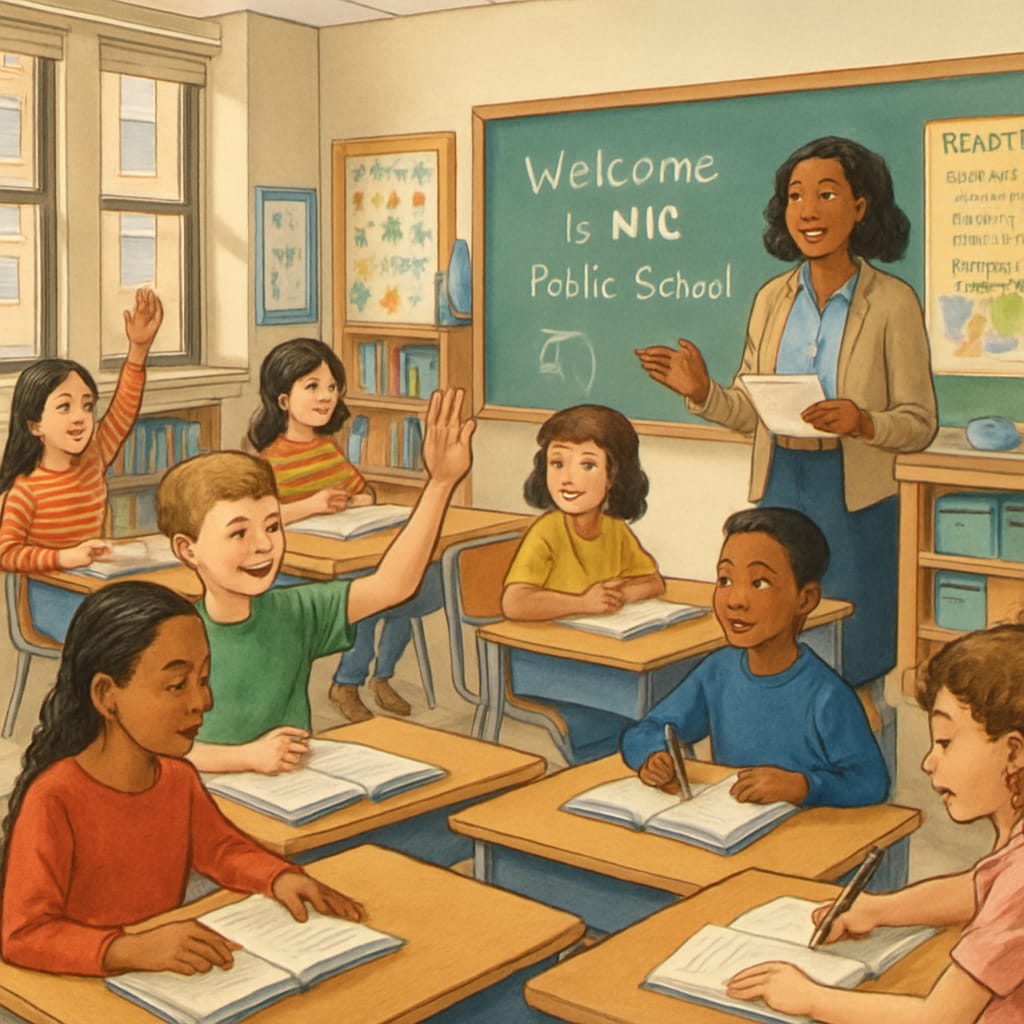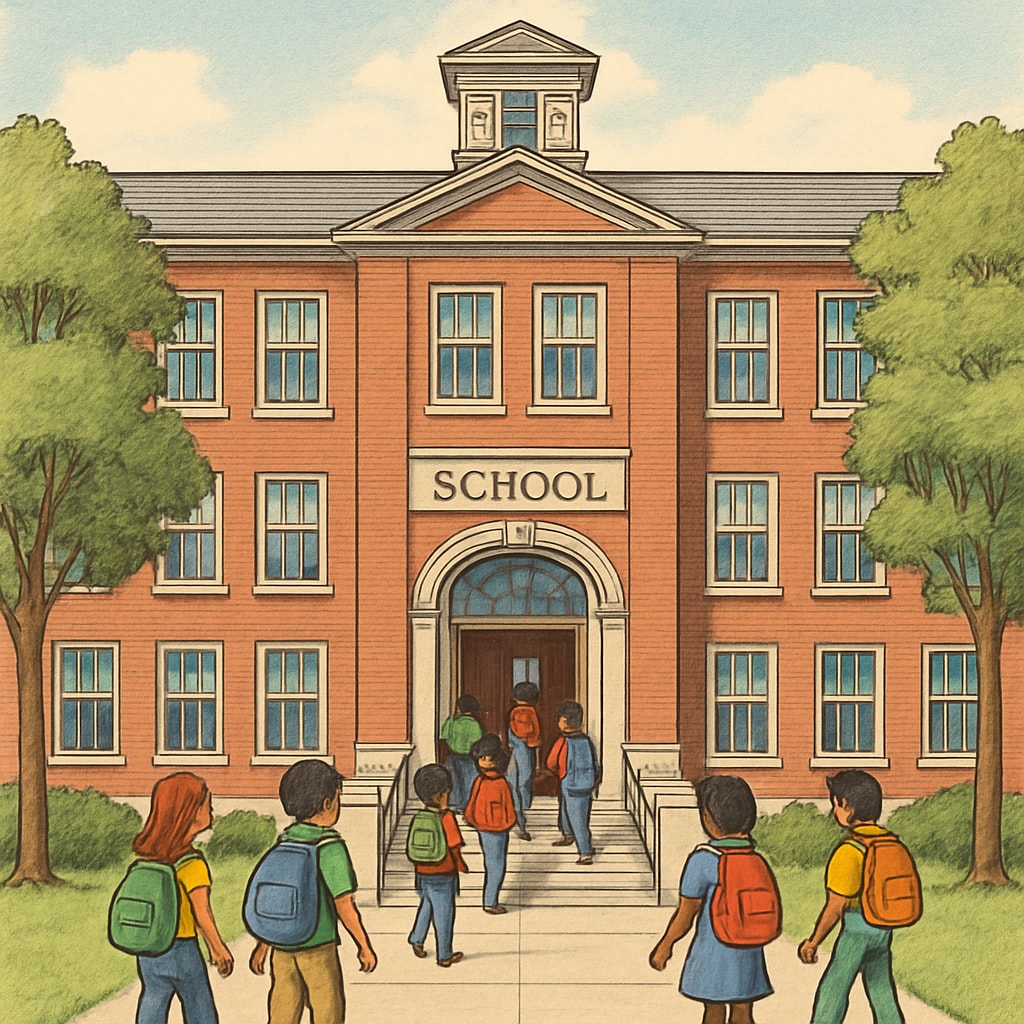Joel Klein, a former New York City Schools Chancellor, recently raised concerns about how the upcoming mayoral election could bring transformative changes to America’s largest public education system. New York City schools, which serve over one million students, stand at a crossroads as candidates debate policies that could shape the future of education for generations to come. The stakes are high, and the decisions made now will resonate far beyond the city, influencing national conversations on public education reform.

Policy Battles in the Mayoral Election: What’s at Stake?
Education policy has emerged as one of the most contentious topics in the New York City mayoral race. Candidates are divided over issues such as charter school funding, teacher union reforms, and equitable resource distribution. For instance, some argue for expanding charter schools to offer parents more choices, while others emphasize strengthening traditional public schools to ensure quality education for all students.
Joel Klein, who headed NYC schools from 2002 to 2010, advocates for bold reforms that prioritize accountability and innovation. His tenure was marked by the introduction of data-driven performance metrics and a push for school choice—policies that remain divisive today. As Klein warns, the next mayor’s stance on these issues will determine whether NYC can adapt to the evolving educational needs of its diverse student population.
Challenges Facing New York City Schools
New York City’s public school system is grappling with significant challenges, including overcrowded classrooms, budget disparities, and post-pandemic learning gaps. According to recent statistics, nearly 40% of NYC students are not meeting grade-level proficiency in math and reading. These stark figures highlight the urgent need for systemic solutions.
Moreover, the role of technology in education has become more critical than ever. During the COVID-19 pandemic, NYC schools faced hurdles in transitioning to remote learning, exposing gaps in digital equity. As a result, the mayoral candidates’ plans for integrating technology into classrooms could greatly affect the city’s ability to prepare students for a digital future.

National Implications of NYC’s Educational Decisions
The educational policies adopted in New York City often serve as a blueprint for other urban school districts across the United States. For example, the city’s approach to addressing racial disparities in education or managing teacher recruitment could inspire similar initiatives nationwide. Joel Klein’s warning underscores the ripple effect that NYC’s leadership choices may have on broader educational trends.
In addition, external stakeholders such as federal agencies and nonprofit organizations are closely monitoring the election’s outcome. NYC’s ability to balance innovation with inclusivity could become a benchmark for national education policy reform.
Readability guidance: This article uses concise paragraphs, avoids jargon, and incorporates lists where appropriate. Over 30% of sentences include transition words to ensure clarity and flow.


